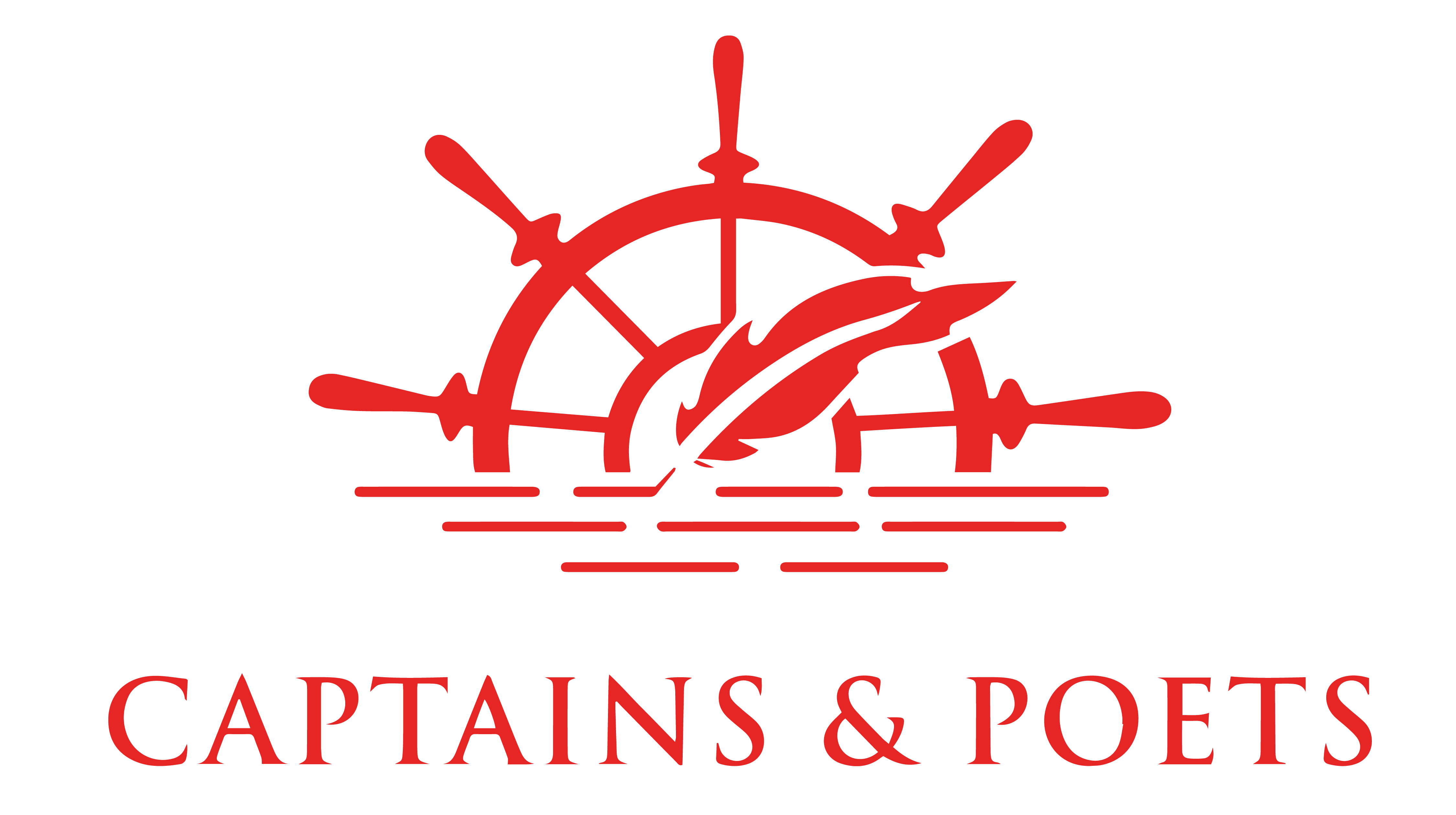by Ola ElKhatib
In my early international teaching career, I joined a school celebrated for its commitment to professional development. Initially, interactions with colleagues brimmed with warmth and promise, setting the stage for what I believed would be a fulfilling year. As the school year progressed, a disconcerting change swept through. The high standards framed as fundamental to educational excellence took on a different tone. Lack of clarity and inconsistent application of policies corroded the school’s culture. As a result, performance standards, while essential, weighed disproportionately on teachers, not management as teachers grappled with a gaping chasm between standards and the support they received from the administration to bring policies to life.
Comments on the Teacher Experience Report Card might have read: Passionate educators found themselves entangled in the politics and complexities of the educational system. Once-warm teachers now seemed like lifeless shells. The energy that once filled hallways and staff rooms has vanished. Eye contact, greetings, and smiles are rare.
The “curriculum” had been implemented but the policies and politics surrounding it had come to overshadow teachers’ intrinsic desire to make a difference. Teachers felt overwhelmed and undervalued, their enthusiasm eroded. Their pursuit of “excellence” had resulted in the erosion of the very passion that defines teaching. And the price that students were paying for the absence of inspired engagement in classrooms can only be imagined.
Today, once-thriving teachers find themselves in a state of discontent, contradicting the message we convey to students – that hard work leads to success (which equals happiness). The current state of the teaching profession warrants the question, how do we put professional fulfillment back at the center of education?
After much reflection on these issues, here are some strategies for making educator fulfillment a greater priority in teaching.
Tap into What Motivates You
Research indicates that many performance standards in teaching often neglect the crucial aspects of motivation and satisfaction. Surprisingly, these elements are intrinsically linked to your overall well-being. Motivation, in particular, plays a central role in your professional satisfaction. While there is ample research on the positive impact of teacher motivation on student learning, many standards do not sufficiently address this critical factor. In essence, motivation is a psychological process influenced by individual factors and the environment.
Daniel Pink, in his book, Drive, lists three drivers of motivation: autonomy, mastery, and purpose. To find fulfillment in your teaching career, it’s imperative to align professional standards with your motivations and desires. Are you a purpose-driven person? If so, how can you maintain a sense of meaning when under duress? If you take pride in mastering your subject matter and the art of teaching, how can you still maintain a sense of control when the workload is insurmountable? And if you are driven by having a sense of autonomy, how can you maintain a sense of empowerment within a top-down culture? These points of alignment allow you to bridge the gap between standards and professional contentment, ensuring that the measures of success that may be in play in your school environment are, in fact, intertwined with happiness.
Navigating the current state of the system becomes easier when we mitigate what is being thrown at us by becoming more aware of our internal drivers and needs and then managing our well-being by keeping them in balance. This requires self-leadership, the very trait we aim to instill in students who are facing challenging circumstances, whether academic or personal.
Set Clear Targets – For Yourself
In the world of education, it’s evident that targets can have a profound impact on an individual’s motivation and performance. People naturally rise to standards, but they become discouraged when they feel set up to fail from the outset. Often, our minds gravitate towards logistical concerns – what’s possible and worth pursuing. In the face of unrealistic expectations, individuals may be unfairly judged, labeled as lazy or checked out, and generally seem incapable.
To find personal fulfillment and success, the key is to take ownership of your own performance. Define what you are prepared to take on based on the positive impact it will have on you and on others. Rather than focusing on what you can’t do, focus on what you can do. Adopt a grassroots approach and manage up effectively. Be your own boss, cheerleader, and champion.
Change Your Language
A simple change in terminology can yield remarkable results. Instead of viewing professional standards as expectations, reframe them as objectives. This linguistic shift diminishes judgment and mitigates disappointment. Consider the impact of the word “expectation” – it often leads to undue upset when students fail to complete assignments or when superiors act harshly. By replacing “expectation” with “objective,” we foster discernment rather than judgment. For instance, if a student doesn’t complete one assignment, they may have failed to meet the school’s expectations, but it may or may not impact their grade.
Approaching expectations more objectively will help you step back and manage your emotions and, hopefully, maintain a sense of peace, purpose, and centeredness. By applying this concept, you can objectively assess the requirements and then apply yourself to the best of your abilities without drama or judgment.
Be Intentional
Navigating a stressful work environment requires self-leadership. And at the heart of self-leadership is deciding how you want to show up in the world. What will be your legacy for that day? Being intentional in how we show up each day is at the core of resilience. When a new policy, initiative, or curriculum unit lands in your inbox, decide on your mindset before you dive in.
As an example, weigh out whether you are prepared to get a C grade on a recent initiative to achieve an A on creating connection in your classroom. Even making that decision will empower and energize you.
At the end of each day, we all need to be our own cheerleaders. Empower yourself with the message that personal fulfillment is the ultimate reward. On the drive home, count the number of times you were fulfilled that day. Reflect on the moment a student had a breakthrough. Finding what takes you one step closer to fulfillment will have more impact on you and your students than any policy ever could.
Which of these strategies resonates most with you? Share your thoughts!
Ola ElKhatib is founder of OlavatEd and is passionate about creating a world of professional alignment and personal fulfillment to empower the human factor in education and beyond, for sustainable excellence.


amazing!! ❤
Intentionality is key. Discontent leads to disillusionment, which in turn leads to despair. This has to be recognised, and then addressed, intentionally! Great article!
Well done Ola – Inshallah